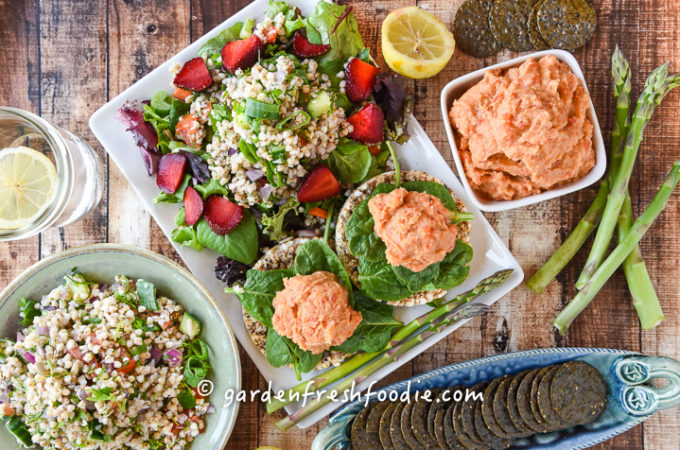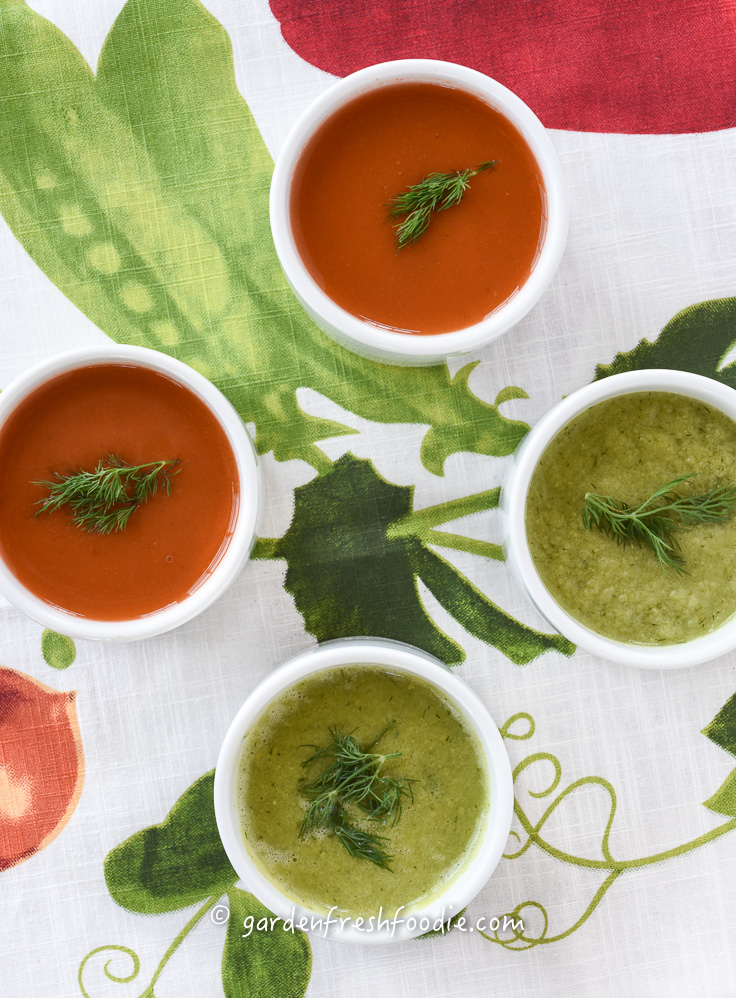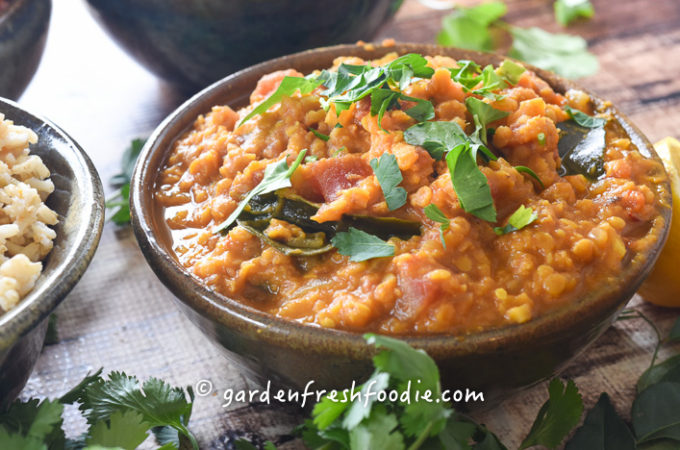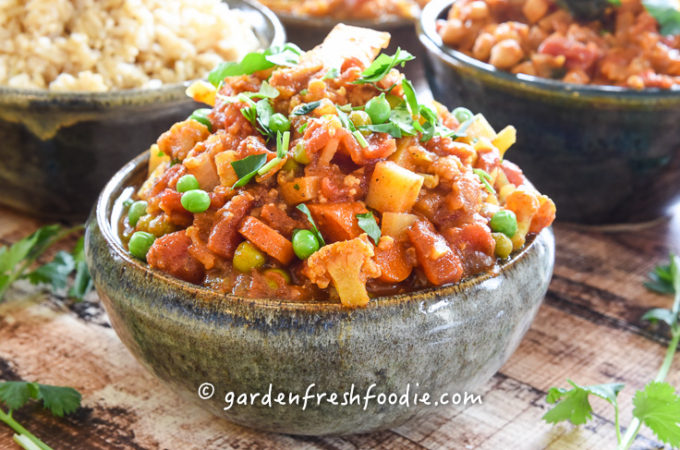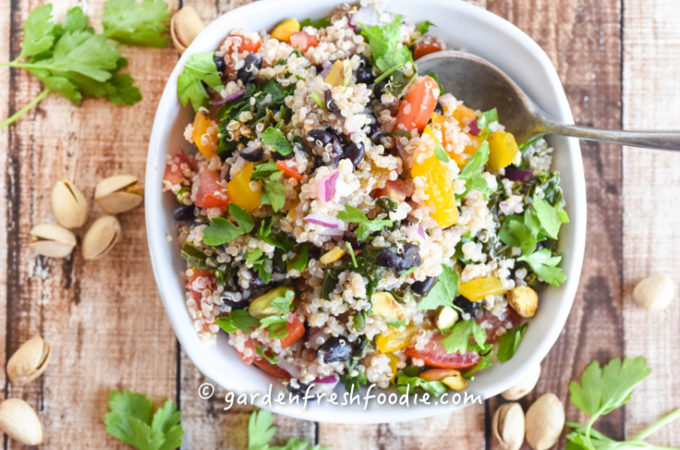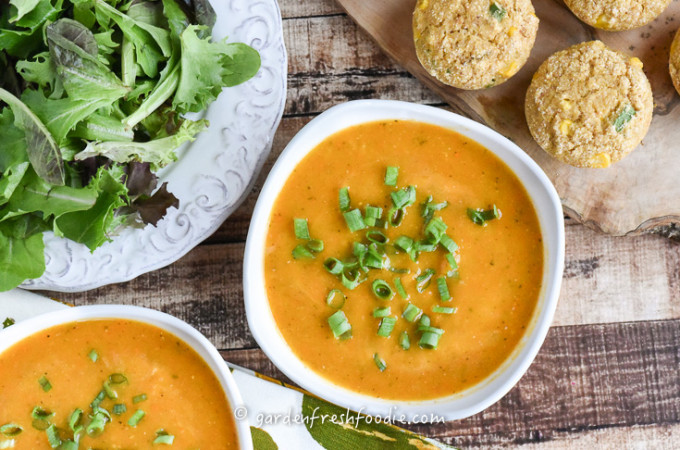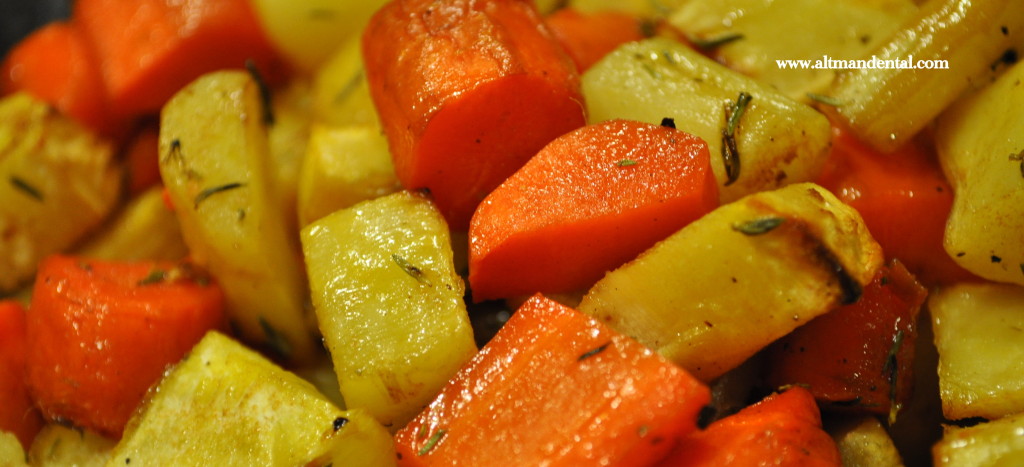 It’s wintertime here in the Northeast. We try our best to cook in season foods,using local ingredients whenever possible. What’s in season in the winter? Storage crops like root veggies, squash, apples, pears are all “in season” because they can be stored for a long time before rotting. When purchased in the fall and stored in a cool, dark place, they can last you until the time the first spring greens appear. So go ahead….roast them if you got ’em
It’s wintertime here in the Northeast. We try our best to cook in season foods,using local ingredients whenever possible. What’s in season in the winter? Storage crops like root veggies, squash, apples, pears are all “in season” because they can be stored for a long time before rotting. When purchased in the fall and stored in a cool, dark place, they can last you until the time the first spring greens appear. So go ahead….roast them if you got ’em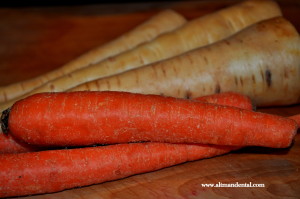
Feel free to mix in different kinds of veggies. Try: rutabagas (large turnips)-be sure to peel these, turnips, and beets
Ingredients:
- 3 peeled parsnips (medium-large) cut into 1″ pieces
- 8 (or so) carrots-depends on size of carrot, cut enough to fill rest of a roasting pan, don’t peel and cut into 1″ pieces
- kosher salt (about 1/2 tsp)/freshly ground pepper to taste
- 1/2-1 tbsp oil (amount will vary based on amount of vegetables you are cooking. Only need a very light coating to prevent sticking. You can use vegetable or melted coconut-olive oil isn’t recommended for high roasting temps)
- 2 tsp dried thyme
- 1-2 tsp of maple syrup
Instructions:
- Peel and cut parsnips into 1″ pieces. Do the same for the carrots, except leave the skin on for increased nutritional value (as long as they haven’t started growing fine roots, which can happen if they’re not as fresh)
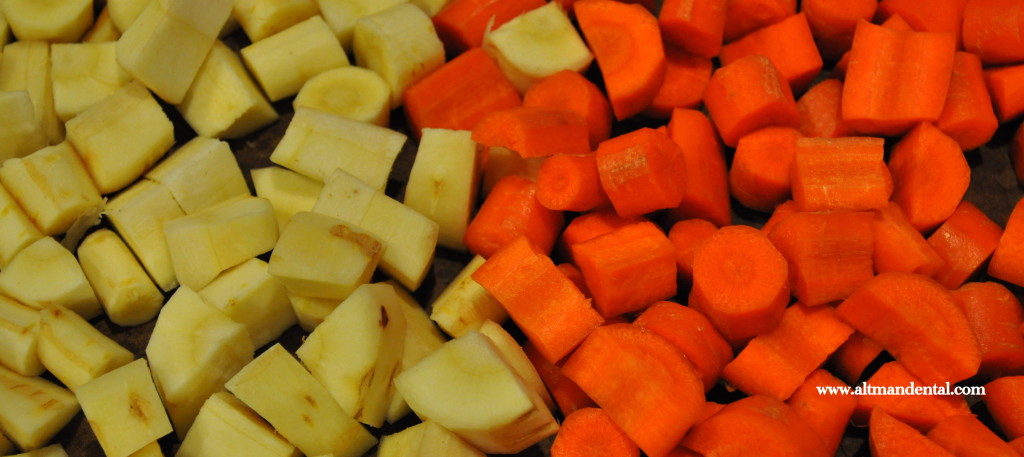
- Spread into roasting pan (we love using stoneware for this, as it crisps them up nicely)
- Drizzle oil over tops, sprinkle thyme, salt and pepper, and toss to coat

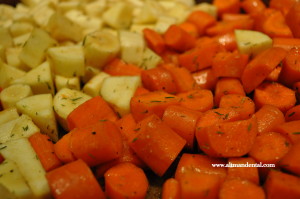
- Roast at 375 for about 20 minutes, stirring once 1/2 way through. Cooking time can vary depending on your pan, oven, and amount in the pan
- Once slightly browned, remove from oven and drizzle lightly (about 1-2 tsp) of maple syrup and toss to coat

Nutritional Benefits:
- Carrots: 1 c raw=680% of daily needs of Vitamin A , 18% Vitamin K (blood thinner), 14% of fiber, 11% Potassium, 10% of Vitamin C needs Source: http://www.whfoods.com/genpage.php?tname=foodspice&dbid=21
- Parsnips: 1 c raw =43% Manganese (bone health), 33% Vitamin K, 31% Vitamin C, 24% of fiber, 22% folate (nervous system development & blood cell growth), 13% of Vitamin E (skin & eye health), 11% potassium (lowers blood pressure improves heart & skeletal health) daily nutritional needs Source: http://www.livestrong.com/article/485728-the-health-benefits-of-parsnip/
- High in Anti-oxidants: Vitamins A and C are great anti-oxidants, decreasing free radicals in the body and reducing risks of cancer (especially true of colon cancer with carrots)
- Anti-inflammatory: reduces risk of inflammation, especially as it pertains to heart disease
- Folate: lessens risk of depression (especially helpful during winter months, when moods can be suppressed)
- Vitamin A: improves bone & dental health, in addition to its cardiovascular benefits
- Vitamin C: improves immune function
- Fiber: improves digestive function and maintains blood sugar level
